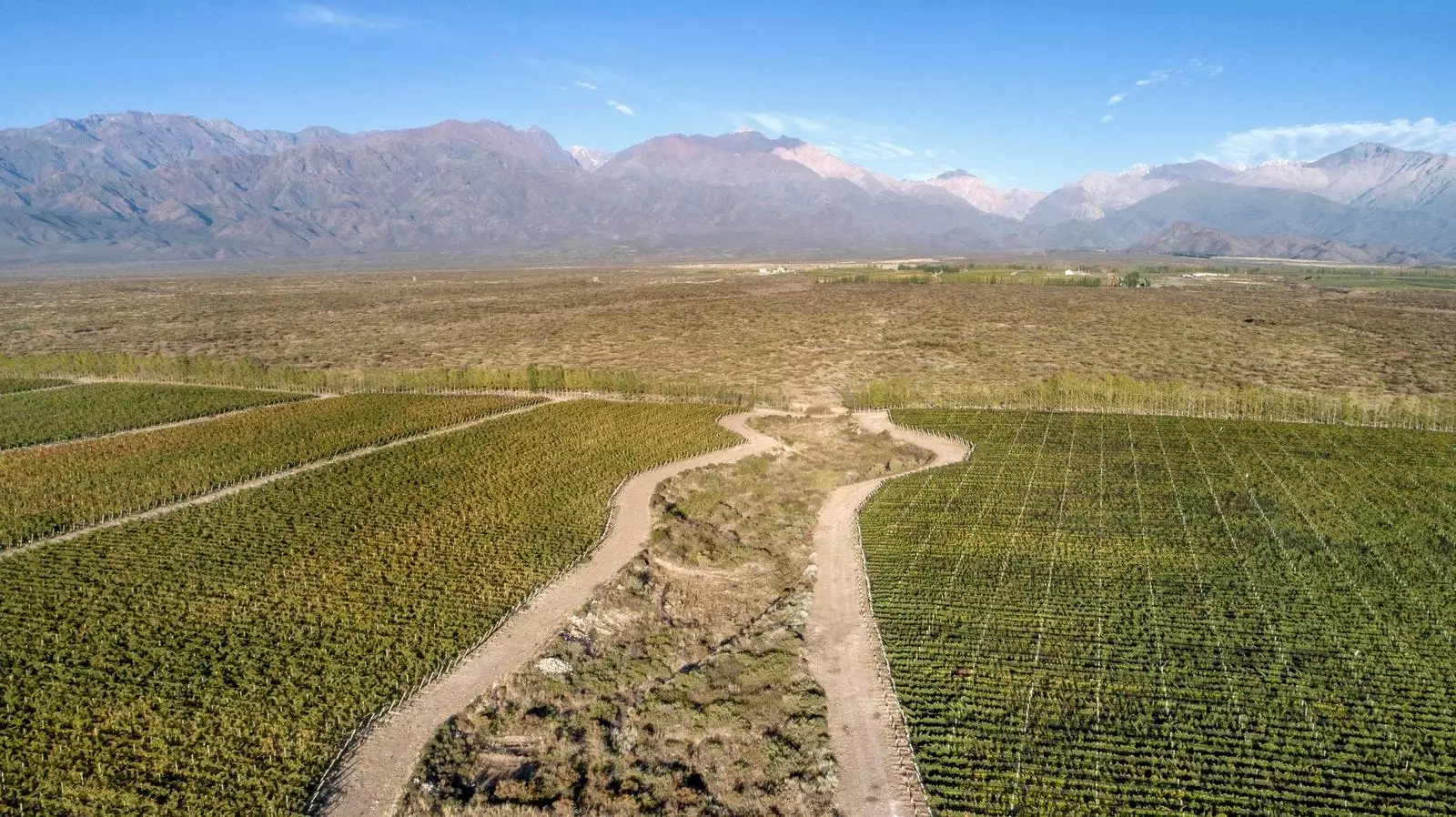When it comes to sustainable practices, Domaine Carneros stands out as a leader in the industry. The Napa Valley sparkling wine producer recently introduced its 2023 Avant Garde Pinot Noir Rose, which is its first microgrid-powered wine. By installing new microgrid technology in 2023, Domaine Carneros has become one of the first wineries in the Napa Valley to do so. This innovative approach allows the winery to connect to a state-of-the-art battery system, capable of storing energy to offset peak energy times and be utilized during off-peak times. As a result, the winery can now meet about 75% of its energy needs internally, ensuring an independent power source during natural disasters. CEO Remi Cohen’s commitment to sustainability is evident through various initiatives like water reuse, packaging reuse, and Integrated Pest Management using natural controls for vineyard pests. Domaine Carneros has also been successful in diverting more than 90% of waste from landfills and uses grape pomace/must as feed for California cattle.
Terrazas de los Andes, a high-altitude winegrower in Mendoza, has demonstrated its commitment to regenerative organic farming by achieving Regenerative Organic Certified status for 213 acres of vineyards and the winery itself. As the 10th winery worldwide to earn this certification, Terrazas de los Andes aims to expand the certification to cover all its approximately 1,000 acres of vineyards by 2026. The winery’s sustainability program, “Guardians of Mountain Life,” focuses on preserving natural resources, mitigating climate impact, engaging Andean communities, and empowering employees. From regenerative and organic viticulture to conserving glacier water and supporting biodiversity, Terrazas de los Andes is dedicated to reducing its carbon footprint and implementing sustainable packaging initiatives.
In France’s Rhône Valley, winemaker Jean-Luc Colombo has taken a unique approach to support bee health and combat Colony Collapse Disorder through the Bee Helpful Program. By eliminating harsh pesticides and planting beneficial flora in vineyards, Colombo aims to optimize pollination for bees. Additionally, a portion of sales from the Les Abeilles wine label will go towards supporting honeybee colony restoration research at the UC-Davis Department of Entomology. This initiative showcases Colombo’s dedication to environmental stewardship and biodiversity conservation, with wines like the Côtes du Rhône white and GSM blend reflecting his commitment to sustainable practices.
With a growing consumer demand for regenerative organic products, Bonterra Organic Estates has launched its estate Sauvignon Blanc made from ROC vines in Mendocino County, Calif. The vineyards and winery achieved ROC certification in 2021, aligning with the company’s ethos of farming in service of life. The inaugural release of the ROC Sauvignon Blanc will join a portfolio of wines exclusively produced from ROC grapes grown on the estate’s Mendocino County ranches. Director of Regenerative Organic Development Joseph Brinkley emphasizes the social component of ROC certification, highlighting the importance of farming without exploiting people. Bonterra Organic Estates’ commitment to sustainability is further demonstrated through its dedication to regenerative organic practices and the production of high-quality, environmentally responsible wines.
Banfi has partnered with the Rodale Institute to allocate 1% of total U.S. Naturawine sales to 1% For The Planet, an organization promoting regenerative organic agriculture. Natura, Banfi’s producer, has established itself as a leader in organic agriculture and has become the first Chilean company to achieve regenerative organic certification. By supporting research and education that enables farms and farmers to transition to regenerative organic agricultural practices, Natura is contributing to the growth of sustainable agriculture in the U.S. The commitment to regenerative organic agriculture is reflected in the quality and ethos of Natura wines, priced at $14.99 to make sustainable practices accessible to a wider audience.
Wineries around the world are embracing sustainable practices as part of their everyday operations. From renewable energy initiatives to regenerative organic farming practices, these wineries are setting new standards for environmental stewardship in the wine industry. By prioritizing sustainability, biodiversity conservation, and community engagement, these wineries are not only producing exceptional wines but also leading the way towards a healthier and more sustainable future for the planet.


Leave a Reply